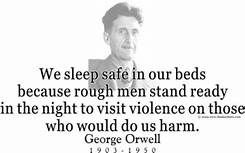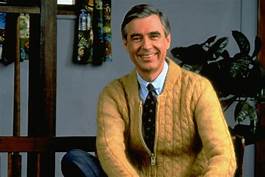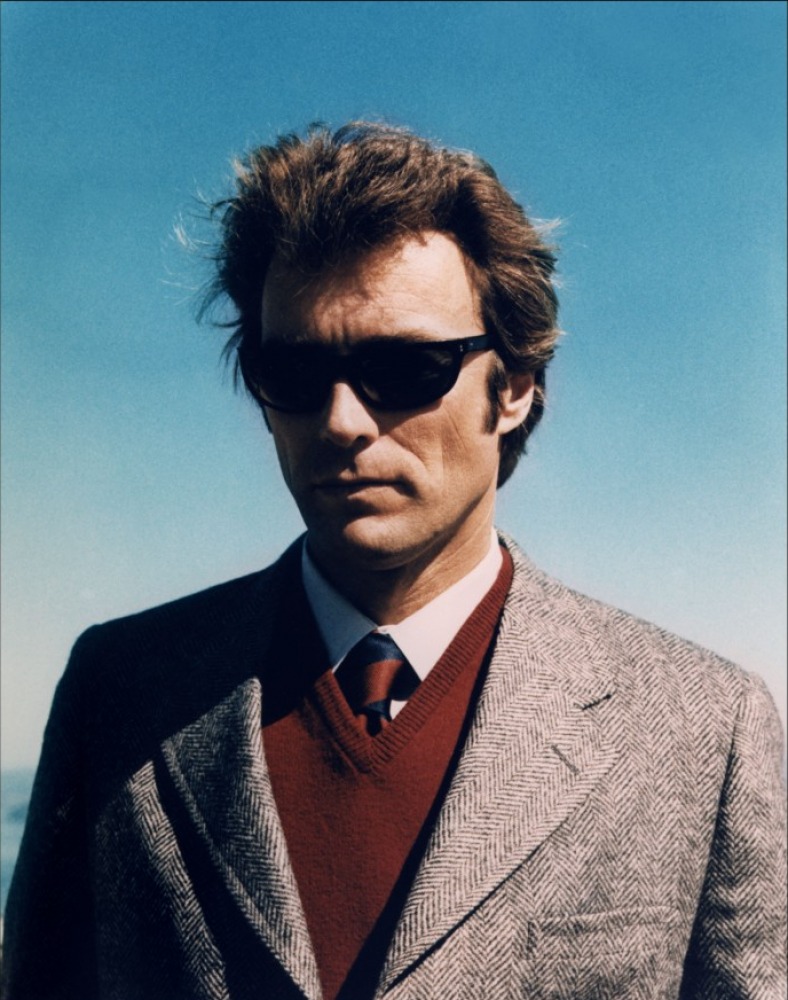
In 1986 the FBI went looking for a pair of bank robbers operating in Miami Florida. They found them. When the gun smoke cleared three FBI agents were dead along with the two bank robbers. Despite a history of violent robberies, the FBI agents were unprepared for the resulting confrontation.
Police officers can plan for a best case resolution but have to be prepared for a worst case scenario.
The Mayor of Minneapolis has decided that tactical training for police isn’t nice. He’s a politician and therefore a political whore. He can be forgiven. The police chief, Medaria Arradondo, is also a political whore, not a police officer. This policy is going to backfire.
https://dailycaller.com/2019/04/19/minneapolis-police-training-ban/
In 1978, several of my contemporaries and I developed a training program for police that we called “Officer Survival.” We studied the circumstances surrounding the death of police officers. We developed tactics for identifying common threats and countering or mitigating those threats.
We delivered the training to thousands of police officers in Texas and eventually worldwide. Did it work? I can’t point to a definite cause and effect, but police officer line of duty deaths declined in the 80’s and 90’s.
There is an unintended consequence of the training that the uninitiated will never understand. From personal experience, I know that there are a dozen turds that are still alive because of my training and mindset.
This is a case of is the glass half full or half empty? The tactical training and advanced shooting skills made it more likely that if confronted with a deadly force situation, I would prevail. How does that contribute to the well being of turds?
The answer comes in two parts. First, the New York City Police Department (NYPD) conducted a ten year survey of officer involved shootings from 1970 to 1980. The study found a plurality of officers involved in “bad shootings” followed established NYPD policy. A bad shooting could be a case of excessive force, mistaken identification of the situation, or poor marksmanship. NYPD policy, at the time, required that an officer could not deploy a firearm unless and until he was ready to fire.
Officers who disregarded this policy had far fewer “bad shootings.” How could this be? First a gun pointed at a suspect is far more intimidating than a holstered weapon. How many situations deescalated based on the threat? Second, a top competitive shooter can draw, fire and hit a target in less than a second. Most cops are not even in the same zip code of such a shooter. Given a holstered weapon and a perceived threat, officers realized that they were at a disadvantage and tried to make up for it.
During my thirty years, as a police officer, I can point to at least a dozen times that I would have been legally and morally justified in shooting a suspect, but didn’t. I can also point to an occasion when I did shoot a suspect. I started putting the question to students that attended officer survival training. Assuming justification, why did you shoot one suspect and not another?
The answer was usually the same. Officers who shot felt like there was no other option. In those instances where they didn’t shoot they felt that due to a variety of factors they had the time try one more thing. Their approach to the situation, superior training, confidence in their ability, all contributed to the decision.
Training is one factor in determining a successful outcome in a deadly force situation. A second factor is providing guidance and supervision, in the form of policy, to aid an officer, not cover the ass of the department. Finally, the department has to hire the right people. That is people who are capable of performing in a stressful situation. Mr. Rogers may have been a nice guy. I suspect he would have been a lousy cop.
Here is a thought exercise for you. Picture the characters below saying the same phrase. “Do I feel Lucky?”
Said by Mr. Rogers the listener might conclude they just won the lottery. The same line delivered by Clint Eastwood is liable to convince the listener that they are lucky to be alive to hear the question.
I am convinced that there is a sizable number of dead turds that reached room temperature because the cops used a kinda gentler approach. When confronted, the bad guys felt that the cops were a pushover and could be bullied. Turns out they were wrong. Sometimes cops have to hurt people to keep from injuring them and injure them to keep from killing them.
I knew an old time San Antonio police officer who, along with another officer, beat a suspect to death. The suspect, a large black man, had hit a number of pharmacies and stole paregoric syrup. Typically paregoric is a 4% tincture of opium. The suspect drank the paregoric as he continued to the next pharmacy. When the cops confronted him the fight was on. As the battle escalated the police would have been justified in shooting the suspect. Instead they tried to subdue him using night sticks. The end result is that they beat him to death to keep from shooting him.
Being a cop isn’t a popularity contest. I never cared whether I was liked or not. I always thought it was more important that those I dealt with felt they got an even break. Even when the breaks were against them.


